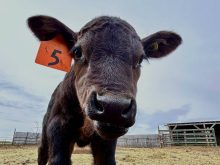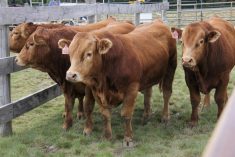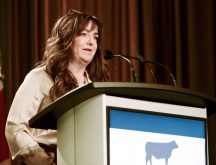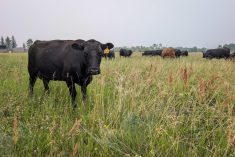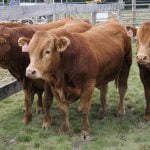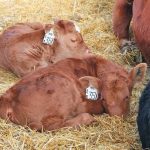Hong Kong’s Centre for Food Safety (CFS) has further relaxed its import controls on Canadian beef to allow specific cuts from older cattle.
The CFS, in a release Tuesday, said the government has officially implemented the second phase of its agreement with Ottawa to allow imports of Canadian boneless beef, beef rib cuts and other bone-in products (except vertebral column cuts) from cattle of age 30 months or more (OTMs), as well as tails and offals, effective immediately.
That’s in addition to cuts allowed during the first phase, which took effect in March and included beef rib cuts and other bone-in products (except vertebral column cuts) from cattle less than 30 months old (UTMs).
Read Also
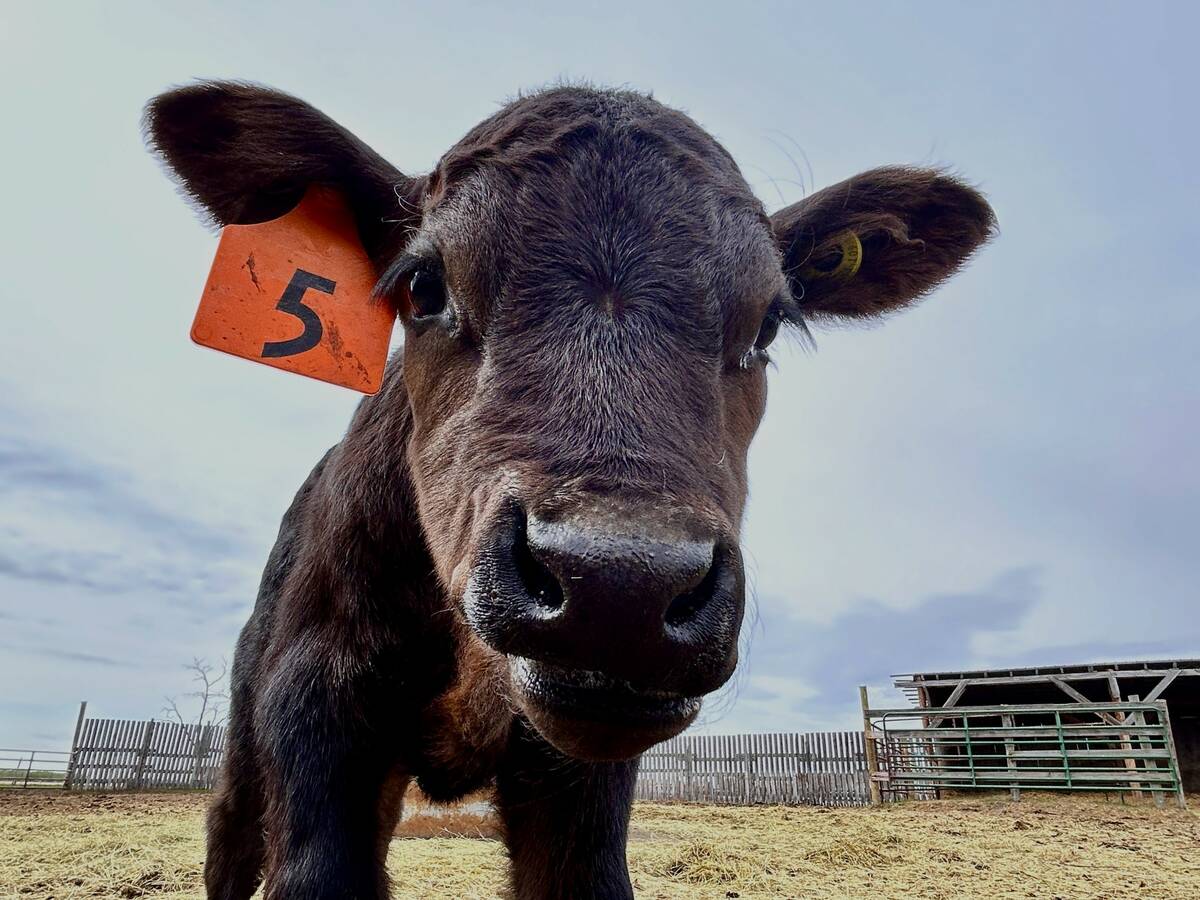
Health Canada stops sales of coccidiosis medication Deccox on procedural issue
Deccox, a medication to prevent coccidiosis in calves and other livestock, is temporarily off the market after Health Canada issued a stop sale order earlier this month.
“More than 200 tonnes of bone-in beef products have been inspected and found to have met our import requirements since the implementation of the first phase on March 9,” the CFS said in its release.
Each consignment of Canadian beef products must have the CFS’s prior written permission and be accompanied by a health certificate, the centre noted.
“We will continue to monitor the situation and review our import requirements as and when necessary,” an unnamed CFS spokesman said in the release.
If Hong Kong’s remaining safety and quality requirements are met by the end of 2009, it will open its borders to all remaining Canadian beef exports from UTM cattle, including T-bones and porterhouse steaks, as per its agreement with the Canadian government in January.
Hong Kong’s phased approach follows the recognition of Canada’s “controlled risk” status for BSE by the World Organization for Animal Health (OIE), the CFS said.
The agreement is expected to ultimately restore market access for all “commercially significant” Canadian beef exports, the Canadian government said.
Hong Kong was one of a number of jurisdictions to shut its ports to Canadian beef and cattle after the discovery of Canada’s first domestic case of BSE in an Alberta cow in 2003.
The Canada Beef Export Federation in January estimated that the improved access under the phased approach could mean an increase in Canadian beef exports to Hong Kong by as much as $26 million, almost doubling Canada’s current exports.
“Canada produces the best beef in the world and I am absolutely certain that we can meet and exceed Hong Kong’s high quality and safety standards before the end of this year,” federal Agriculture Minister Gerry Ritz said in January.



